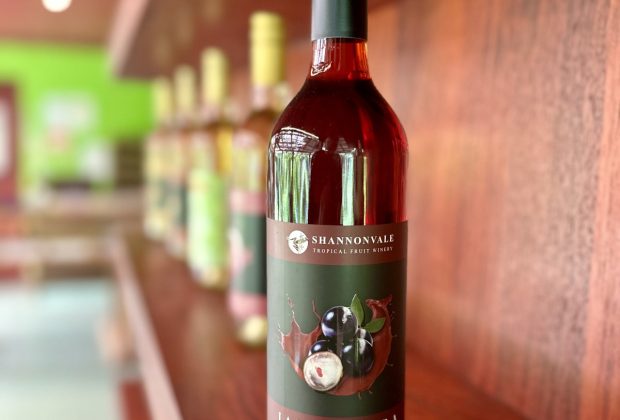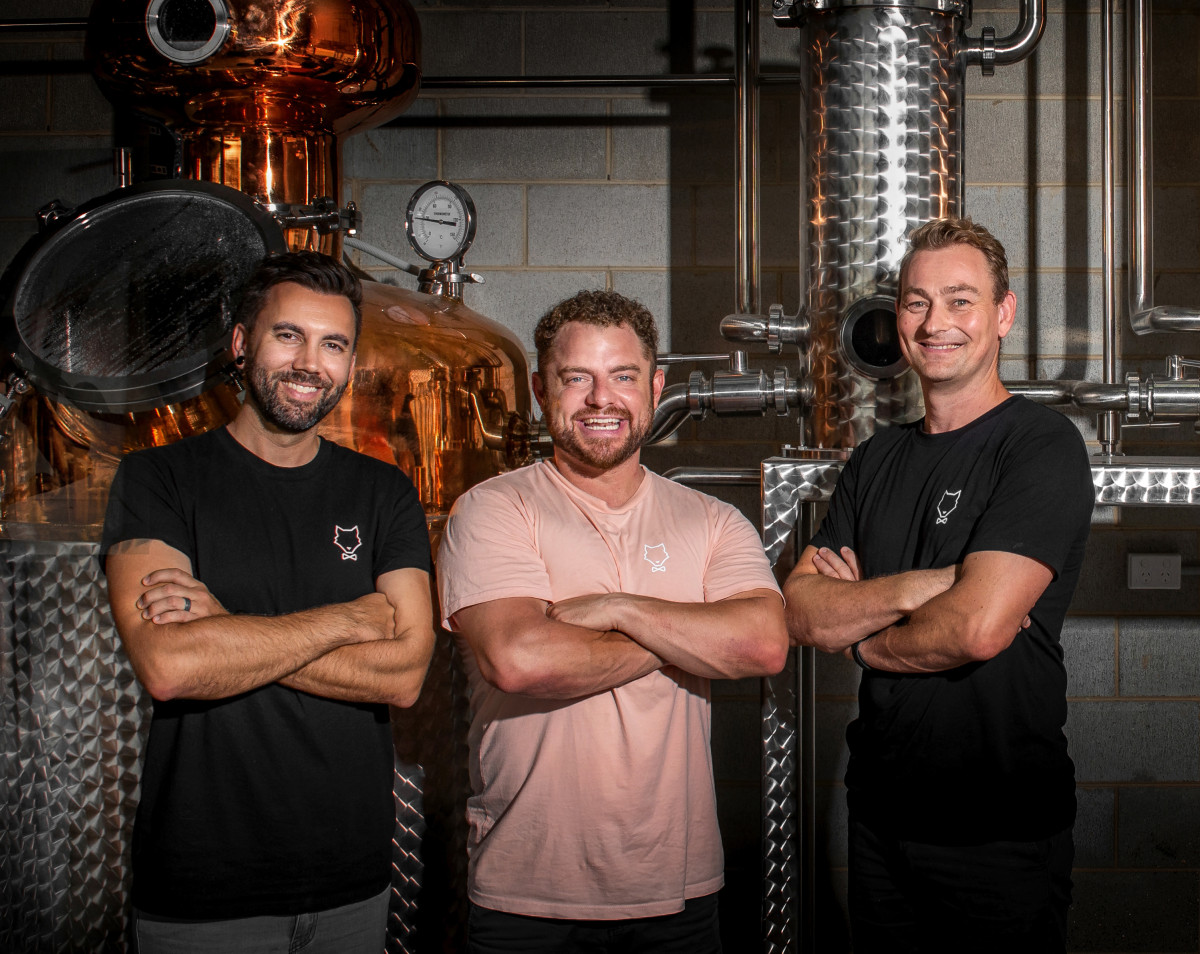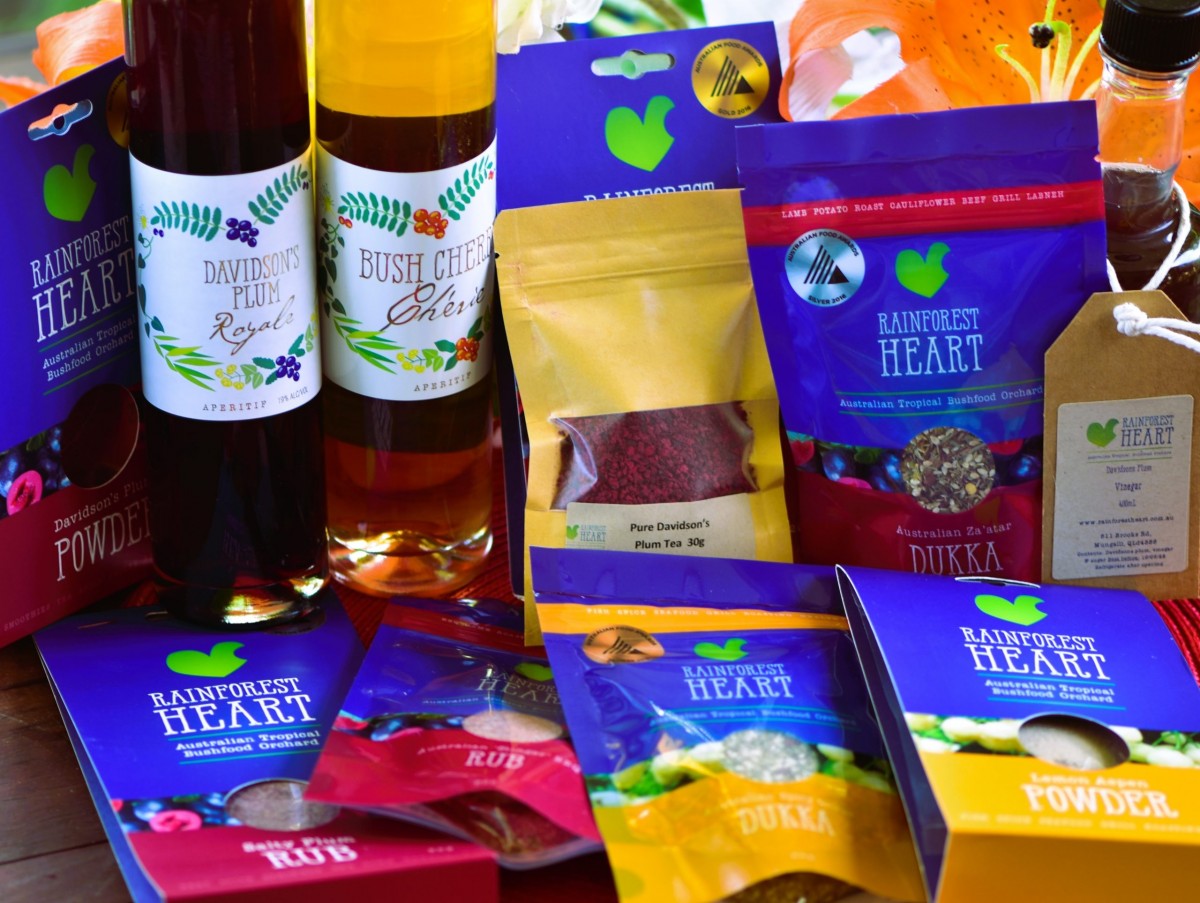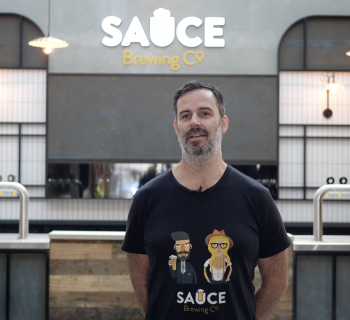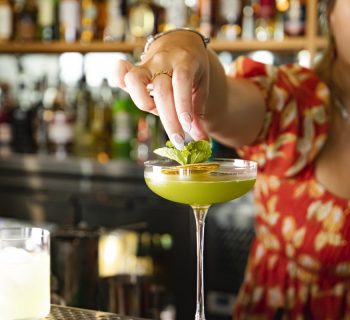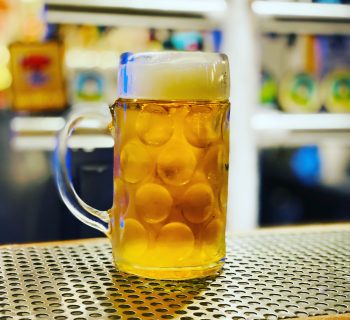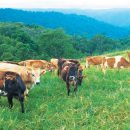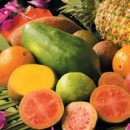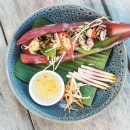There are many ways to inspire debate around the dinner table, and over the years, such topics as politics, religion and financial planning have traditionally been outlawed because of the potential to create discord. However, it appears another subject should be relegated to passive obscurity with these others, and that is the consumption and production of fruit wines.
Never has a topic so apparently innocuous created so much commentary and excitement. Opinion seems divided, although not equally, that wine is from the vine, and that anything else should not be classed as such. Perhaps this is a hangover from our European cultural predecessors or simply protectionism for the highly regarded and globally renowned brand ‘Australian wine’. Maybe the various interlocutory veracity and ferocity levels were just a societal knee jerk, a forelock tug to all that brutish European viniculture. Whatever the rationale, as we pulled into the green-hued parking of Shannonvale Fruit Winery near Mossman, it was clear that the evidence was about to outway the supposition.
Even if there were not a winery here, this would be a place to visit. For city folks or those of Northern Hemisphere extraction, its location redefines nowhere. A sharp left off the Cook Highway between Port Douglas & Mossman takes you toward the low set distant mountains on a straight macadam road through cane lined paddocks. The road to the winery terminates with a final shimmy in an eye wateringly green valley. This is jungle borders, where flora and fauna pre-date humans, and the vast and alive scenery is tinted exclusively green.
We were greeted, this is not a huge site and the arrival of visitors unlikely to be anonymous, by Laza, the youngest of the Woodall family team that produce what we were hoping shortly to consume. His manner was relaxed and reassuring, as he explained that the facility had been here for 20 years covering nearly 20 acres of the valley. He also respectfully suggested we cease jabbing at our phones, as there was no signal at the property. This, in fact added to the experience, the prehistoric splendour, lush kempt grounds and signs of rudimentary agriculture that greeted us deserved our full attention. Free from the bustle of bell and whistle intrusion that smartphones can so easily bring with them.
Laza led us around to the Cellar door, a quaint covered outdoor area with bench seats and tables. The area was adorned with the vintage paraphernalia of smallholding agriculture, a reminder of the more recent man-made history of the site. The rest of the team were assembled to offer us the comprehensive explanatory experience, and somewhat typical of Covid time; we had the place to ourselves. Introductions were made to Trudy, the vintner of the tribe.
After greetings, we were invited to sit and discussion turned, what now seemed to be inevitably, to what was troubling all those dinner table conflabs. Laza suggested that the best way for us to understand what was being produced and achieved at Shannonvale, and resulted in a plethora of accolades and awards, was to have a tasting. All agreed, this well-worn path to introduction was exactly what was required to educate us, our hearts, minds and palates. Moreover, being a little after eleven, with a view of mountains rising from the tropical canopy, the idea of a snifter and a conversation was more than perfect.
Their enthusiasm pre-dated becoming winemakers, but Laza was quick to shed any pretension at the suggestion that he and Trudy had previously been ‘Wine Connoisseurs'.
“That is not a term we like to use,” she explains, “rather wine lovers.”
Like a lot of small producers they decided to move into commercial production after much amateur production experience.
“We still make wine that we would like to drink,” Trudy says.
Wine bottles hive into view, glasses presented in preparation for the show, the theatre of it all can't be ignored, even the ever present hum of insects seems to diminish, or maybe they just have our attention!
Over many years the order of tasting and pithy explanation have been perfected. Trudy and Laza work the room well and although their styles are different, their love for wine is abundant and clear.
Trudy begins, “Firstly, it's too wet to grow grapes here in the tropics, so we have no choice but to make wine from tropical fruit.”
“Here we have a main staple of six table wines, four dry and two a bit sweeter, and four fortified wines made in port styles.”
“The first wine we pour is a Mango but this is a dry one.” Trudy explains that the comparisons are different to grape wine, “Naturally people already have their preferences for dry or sweet wines, this Mango is not a sweet wine as you might expect.”
“People find it easier when we talk about food pairings, rather than attempting to compare our wine to grape varietals.”
We move on to a ginger wine, remarkably light and easy to imagine washing down with Asian spice foods. It is so far removed from the ghost of Christmas ginger wines past as to not even bare comparison. It is light, easy and complementary, not at all like pudding.
Trudy recognises our approval, ”You're going through what people go through when they come here, they try these weird, wonderful fruit wines and they are slightly amazed.”
“People often come here loaded with their own preconceptions, of what they like and what they don't. When they try our wines, they defy their normal categories.”
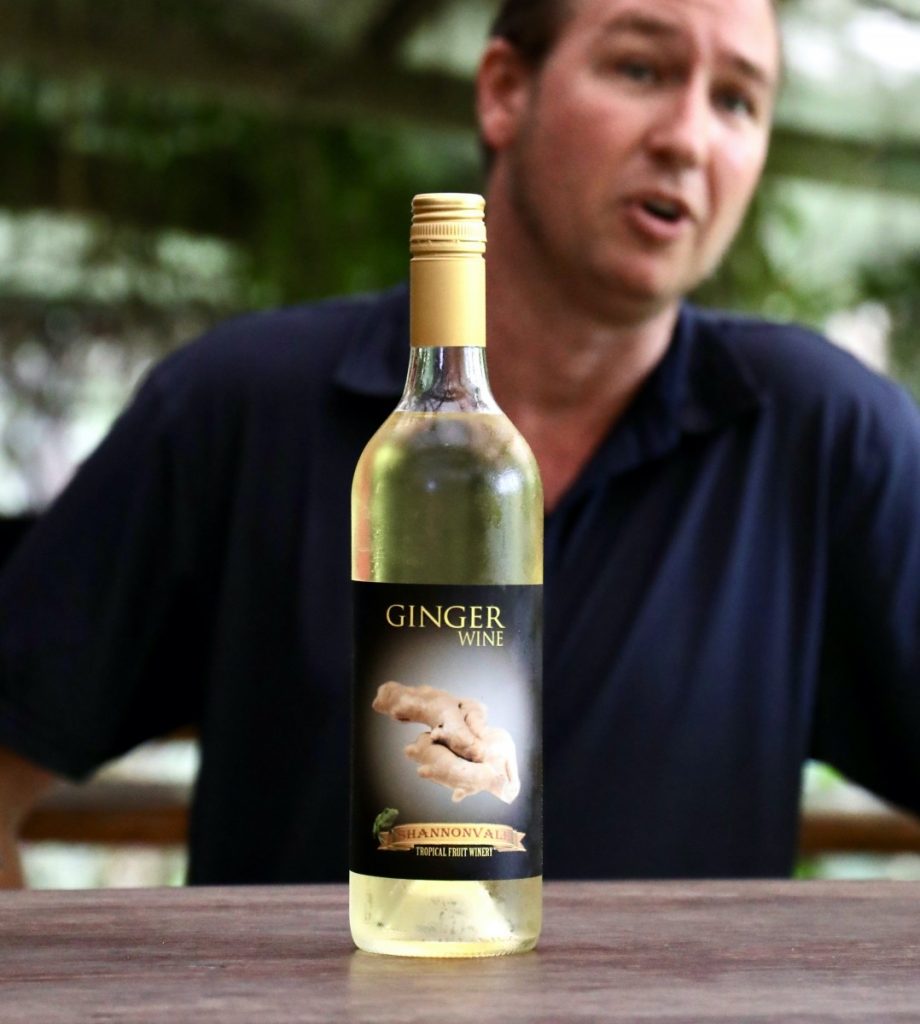
The next revelation is Jaboticaba Dry Tropical Red. The fruit is grown locally and not in widespread usage as it only grows in the tropical environment. When asked to define the taste of this wine Trudy indicates he has a stock answer for this frequent question. “I get asked this alot and I have to say a little bit like cherry, a little bit like grape but mostly like a Jaboticaba!”
We move on to passion fruit, this inspires a debate in itself, the taste is ‘winey’ and if I were allowed to make a comparison it leans toward a dry riesling. There is no doubt that if the label was hidden it wouldn’t immediately jump up as passion fruit.
We indulge in the time of our hosts, their explanations and insight are remarkable. Moving through Lychee, as the last of the wines, like much of their list, the taste is counter intuitive and reminiscent of gewürztraminer.
The fortified wines came next and as was now expected were unique and delightful. The Kaffir Lime fortified wine is like a citrus axe. A perfect addition for ice, or to add to any lime based cocktail, to give jazz to a g&t. The fortified lychee is diametrically opposed to the earlier wine and has a smooth and appealing taste.
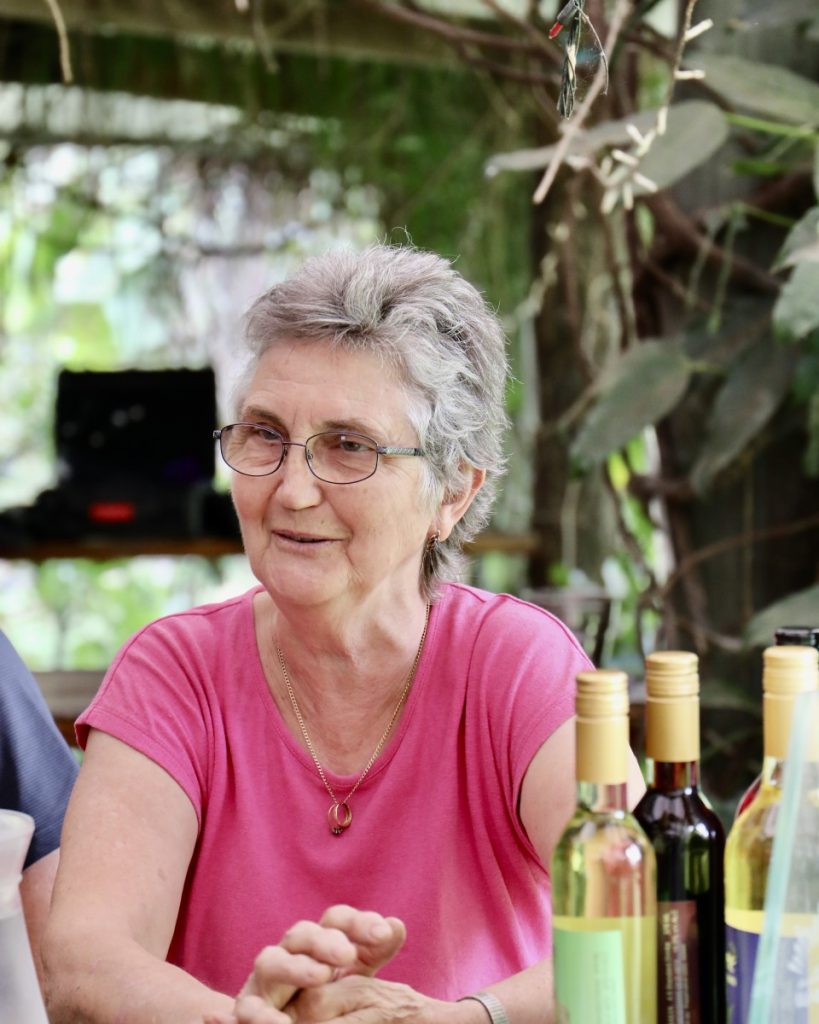
All this has apparently been leading to Shannonvale’s most awarded wine, the fortified Black Sapote. When asked how it should be consumed Trudy says, “I would drink sitting in the corner facing the wall with just a glass with nobody around!” illustrating that it requires nothing more than itself to be enjoyed. She lists 15 flavours that can be tasted in this truly remarkable dessert wine. Remarkably we got all of them. The tasting usually ends with Black Sapote or chocolate, it didn't take much persuasion to try the chocolate. The Chocolate fortified wine is basically just cocoa bean, the beans are grown in the valley too. It is remarkable and the flavour keeps on coming, but in this race the Black Sapote wins by a narrow margin.
“This is how we convert people to our way of thinking,” says Laza and a complete conversion it is.
In conclusion, from the grape, the tree, the shrub or the fruit, whether from a mad uncle’s shed batch of elderberry or from one of the most awarded tropical fruit winemakers in Queensland, it can be safely said that we need to throw away our snobbishness into the long grass and present our taste buds with whatever suits the mood, the meal or the climate. The voyage of discovery, just like this off-the-beaten-track adventure is well worth it. It is to our folly that we shut a door on so many things that are more than equal to bear the standard and be called wine. And we are blessed to have such achievement and innovation on our doorstep.
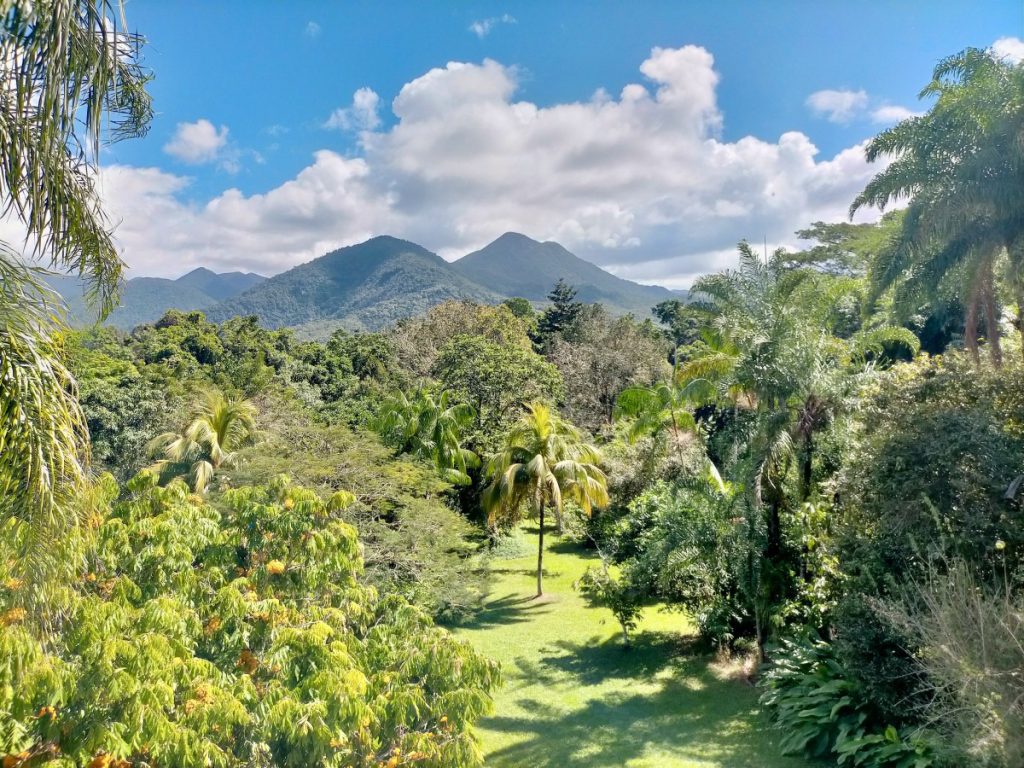
www.shannonvalewine.com.au


